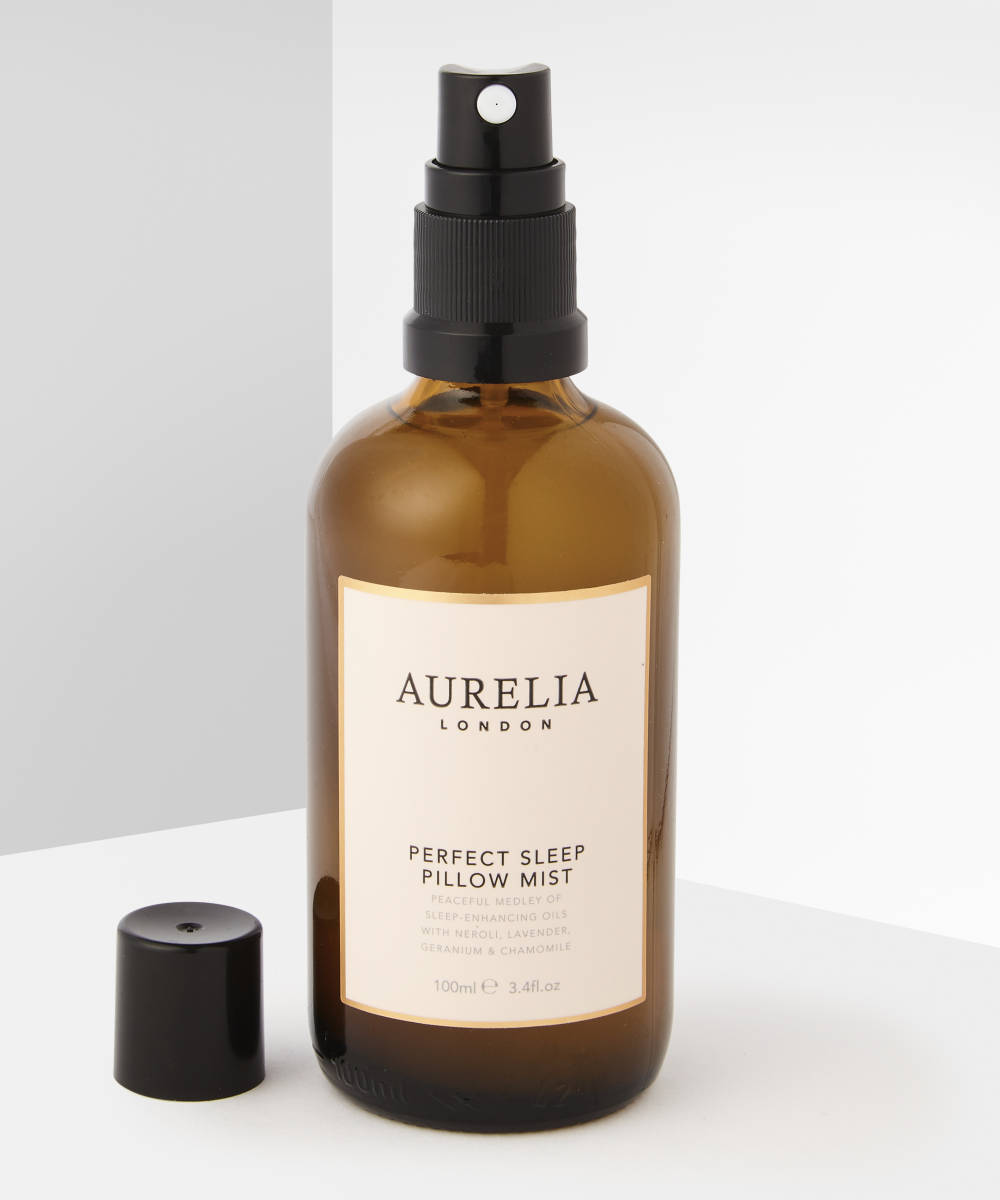Getting a good night’s sleep is imperative to our wellbeing. It can help minimise a wide variety of diseases and illnesses, and it’s fair to say that we have far more energy and enthusiasm to tackle the day after some decent rest.
If you’re feeling off kilter or want to make a change in your life towards a more healthy future, sleep is one of the most important aspects that should be tackled first. And you might be pleased to know that, with a few tips and expert advice, it’s not as hard as you think. We’ve called in the help of sleep expert and author of How To Sleep Well, Dr. Neil Stanley, to give some guidance on getting a good night’s sleep.
1. Take sleep seriously
The first, and most important, step to getting a good night’s sleep is actually taking it seriously. Exercise and diet are often thought of as the two most prominent aspects of a healthy lifestyle, and while that’s true, there’s one more that’s not given the same attention (but should) — sleep.
“Sleep isn’t perceived in the same way as diet and exercise. People have a rough clue about how to eat well and move, but sleep hasn’t got the same good PR,” says Dr. Stanley. “The perception of sleep is that it’s a waste of time and it doesn’t matter,” which, of course, couldn’t be less true.
Dr. Stanley explains that many people don’t actually have a problem with their sleep, they just don’t quite know how to settle effectively. So step one, to wake up feeling rested, is that you’ve got to start giving sleep the time and attention it deserves. Let’s move away from thinking that sleep is lazy, because it’s anything but.
2. Establish a routine
Getting your sleep hygiene down to a fine art makes a world of difference to feeling rested, and isn’t as difficult as you think. Now, this differs for everyone but there are a few golden rules. “You only need a bedroom that’s dark, quiet, and comfy, a relaxed body, and most importantly, a quiet mind to achieve good sleep,” explains Dr. Stanley. The latter being the most difficult to master.
“You can’t sleep if you’re worried or stressed and achieving this might change per person,” Dr. Stanley says. “This could include reading, yoga, mindfulness, having a cup of tea, or listening to Pink Floyd loudly to put your worries to bed,” he adds. You can try simple but effective tasks like thought blocking, knitting or journaling. You can also incorporate products into your routine if that’s something you enjoy. We love to use pillow spray with a calming scent that signals bedtime for the brain, incorporating face massage to relax those muscles, and also use an eye mask to help with rest.
The key is to do whatever settles and quietens your mind before you get into bed and close your eyes. This might take some trial and error to see what works for you but it has a profound impact on your sleep and overall stress levels.
3. Consider using an actual alarm clock
If you often find yourself frantically checking the time whilst trying to sleep and in doing so getting distracted by TikTok, then you might need to buy an actual alarm clock. “Unlike a traditional alarm clock, you can interact with your phone,” says Dr. Stanley. “Before now and the internet, it wasn’t difficult to switch off, no one would call you past a certain time and everything closed down. Whereas now, everything is 24/7 making it difficult to disengage,” he adds.
If you’re someone with serious FOMO who needs to be forced to switch off, leaving your phone in another room and setting up an alarm clock instead could be a game-changer. At the very least, set up the do not disturb feature so that you can’t be distracted by texts and calls during bedtime.
4. Work out how much sleep you need
You might be surprised to know that, despite being told 8 hours is the optimal amount of sleep for everyone, that’s not actually true. “It can range from 5-11 hours,” Dr. Stanley assured.
Once you’ve worked out what your ideal sleep schedule is, make time for it. And try to stick to it every night, even on weekends. It might seem simple but this will really help your brain engage with sleep and become a seamless part of daily life.
5. Cut your caffeine intake
Caffeine is a stimulant that can impact your ability to wind down, so consider stopping drinking coffee six hours before bed, or before if you find you’re really sensitive to it.
If you love having a hot cup of coffee or tea, consider swapping to decaf in the afternoon and evenings. You can also switch to calming blends of tea (make sure they don’t contain caffeine either though), which when worked into your routine, can help signal to your brain that it’s time to get ready for some kip.
Try also reducing sugary drinks and alcohol before bed. Although alcohol can make you fall asleep fast (which seems like a great thing at the time), it can impact the quality of sleep you’re getting and in the long run, not be too much help.










